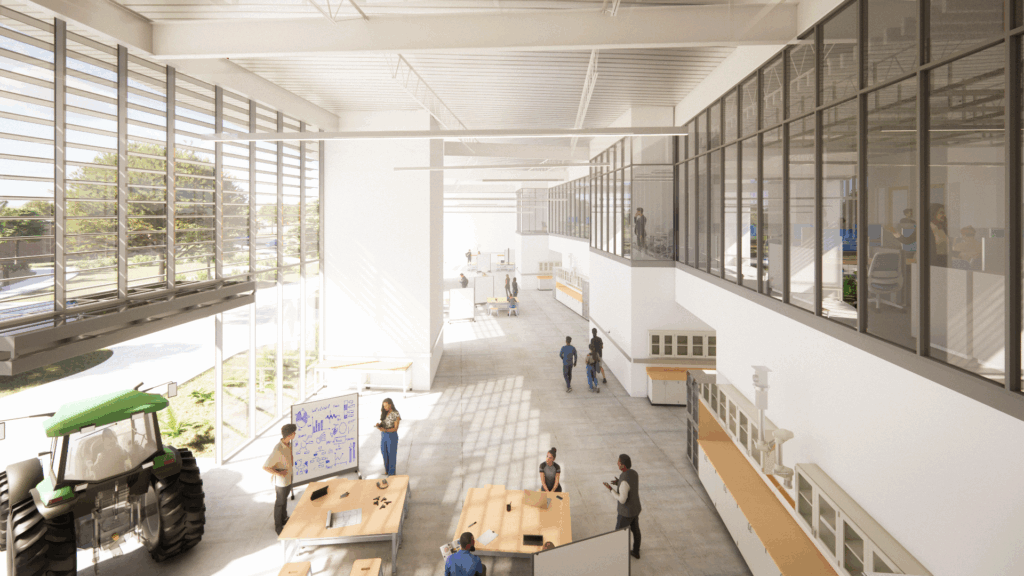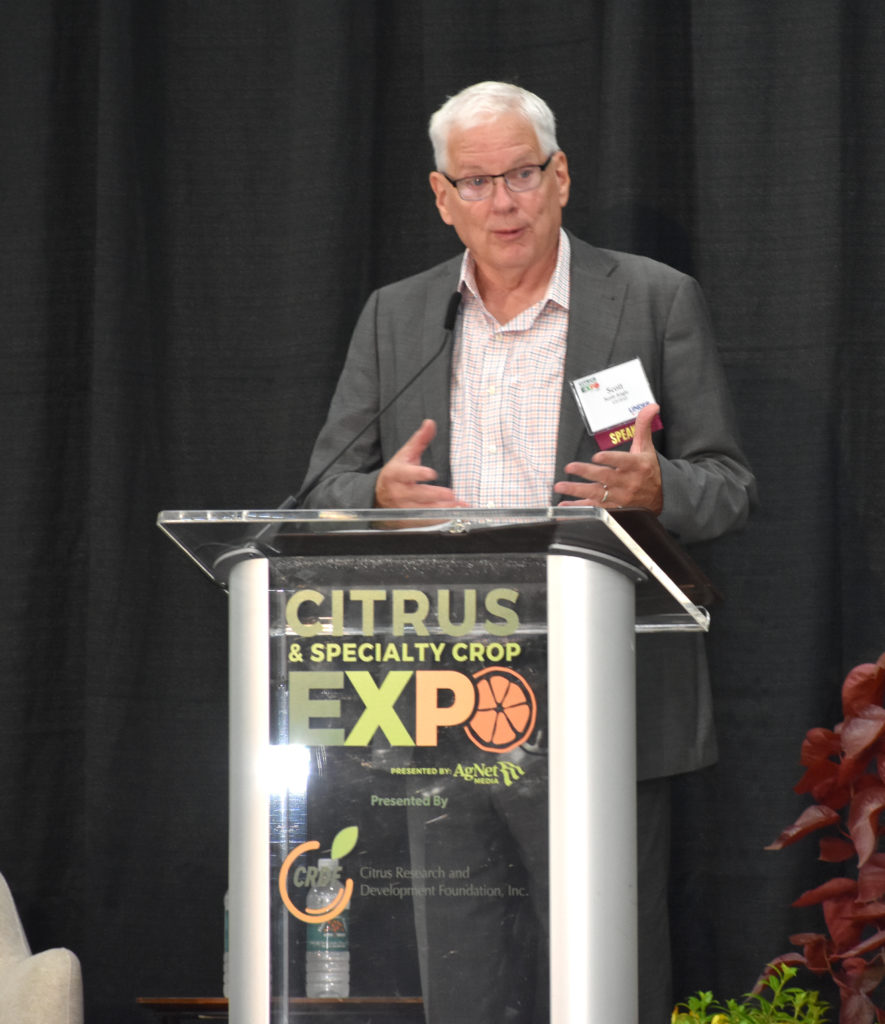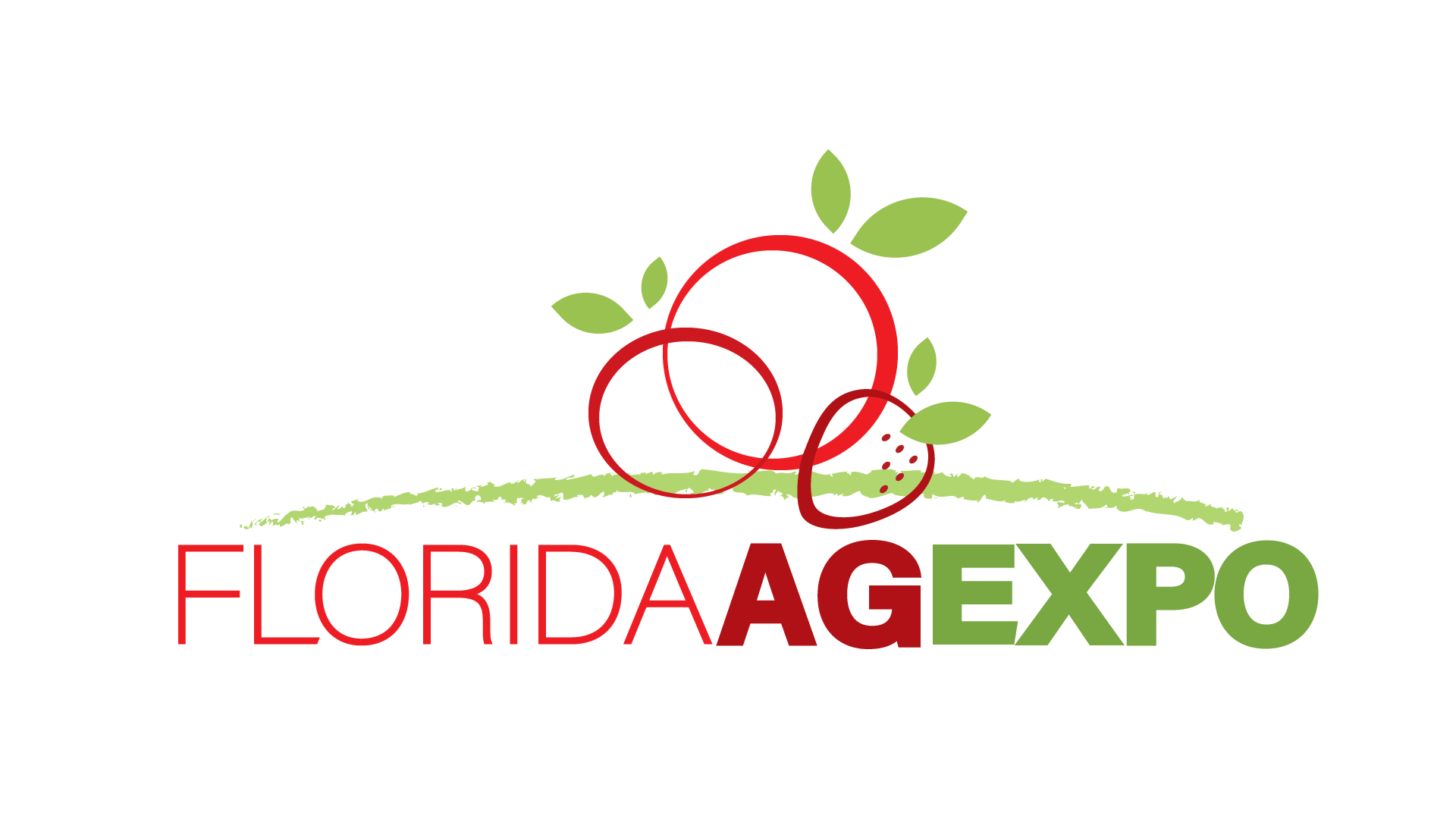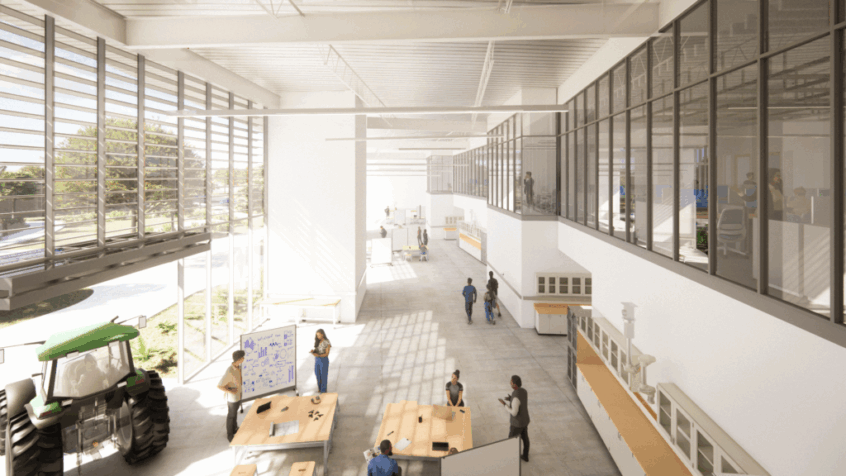
By Clint Thompson
Florida specialty crop producers should mark their calendars for Friday, Nov. 7 for the groundbreaking of the University of Florida Institute of Food and Agricultural Sciences (UF/IFAS) Center for Applied Artificial Intelligence in Agriculture.
The new AI Center will be located at the UF/IFAS Gulf Coast Research and Education Center in Wimauma, Florida. Scott Angle, UF/IFAS Senior Vice President, talked about the groundbreaking during the recent Citrus & Specialty Crop Expo in Tampa, Florida.

“This is the Center for Applied Artificial Intelligence in Agriculture. It’s going to be the first in the country. We’re calling ourselves the Silicon Valley of Agriculture. I believe we are becoming that very quickly,” Angle said. “It is to incorporate artificial intelligence into everything we do in agriculture. It’s the way of the future.
“It’s all kinds of things. It’s robotics, it’s drones. It’s even better ways of understanding data and making decisions. This is something that will be centered in Balm at the Gulf Coast Research and Education Center. It’s fully appropriated by the state government. This has become the focal point for high tech agriculture that has to be our future as we lose labor and inputs become more expensive.”
Labor Impact
Angle said that the most immediate need in AI is to replace the labor needs required for citrus and specialty crop production in Florida. Florida is the largest user of the H-2A program with 47,416 certified positions in 2024, according to the U.S. Department of Labor. It accounted for 12.3% of all certified H-2A positions nationwide. The number of H-2A workers in Florida actually decreased by 9% from FY 2023.
“So much of what we grow, produce, process and pack in Florida requires a lot of hand labor. It’s just the nature of fruits and vegetables. We’re not the Midwest. We’re not corn and soybeans. We need a lot of hand labor in this state. We’re losing it on a fairly rapid basis right now,” Angle said.
“We need robots, drones, technology to do the work that today people are doing. If we don’t do that, agriculture is going to look very different and personally, I think, not in a good way for the future. We have to grow food in Florida.”

